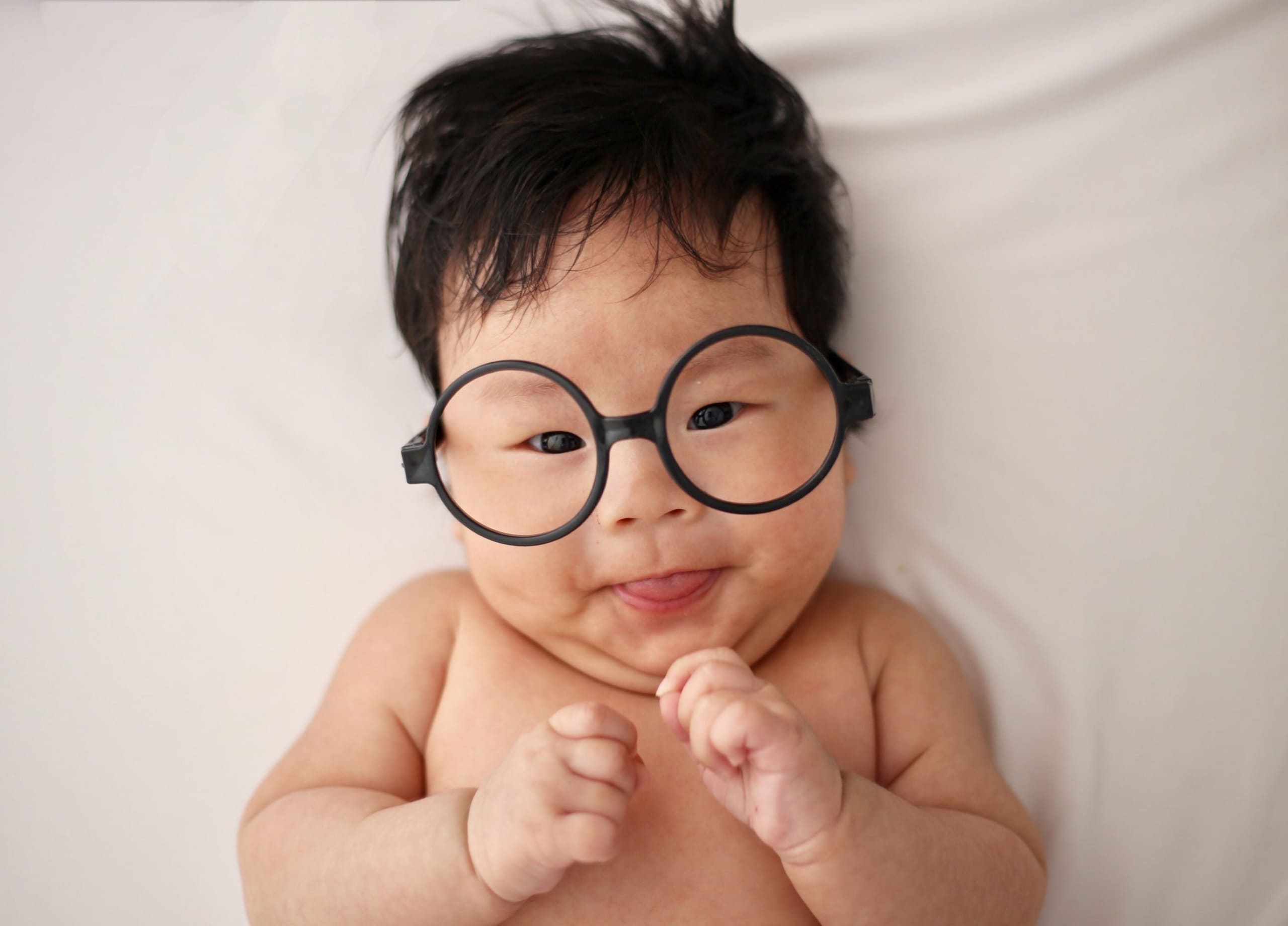What is cognitive development in early childhood?

Every 2 to 6 months, we present a milestone report detailing a child’s developmental progress to parents. One of the developmental progress is “cognitive development”. It may be obvious to some, but for those who have no idea, they may be asking: what is cognitive development in early childhood?
Cognitive development is the development of knowledge, skills, problem-solving, and dispositions, which help children to think about the world around them. It is the progress of how children think, explore, and figure things out. Cognitive development in early childhood refers to a set of these abilities that researchers consider to be normal for children aged 0-6 years old.
What is considered normal cognitive development? These are what we can expect a child to do with an object:
Between 0-3 months, tracking or following objects with his or her eyes
Between 3-6 months, reaches for and begins exploring objects
Between 6-9 months, searches for an object when it is partially hidden
Between 9-12 months, gives an object to an adult on request
Between 12-18 months, shows an understanding of how objects go together
Between 18-24 months, may pretend an object is something else
Between 24-36 months, knows where things belong
Between 36-48 months, experiments with different objects to compare their effects
We can observe these while children play!
Early childhood education techniques can encourage cognitive development. This can happen at home with parents, or at a daycare or preschool with professionally-trained early childhood educators. Although kids can appear to just be playing, they are developing their cognitive abilities all the time. The more we direct them to the right kinds of play, the more we can enhance their cognitive development. Knowledge builds upon knowledge!
What if a child has a cognitive delay or impairment?
When we find signs of disruptions in cognitive development, we ask parents to meet a specialist for further checking. Special education may be needed to address the symptoms.